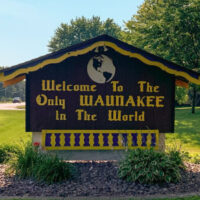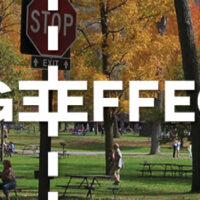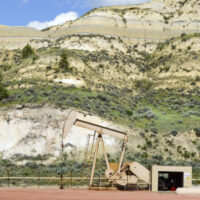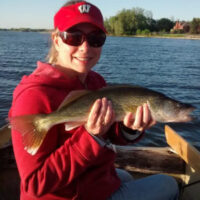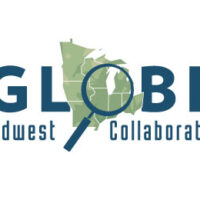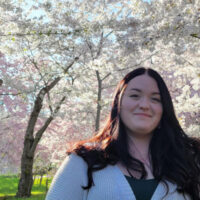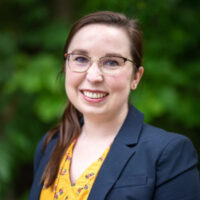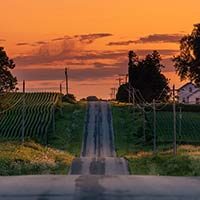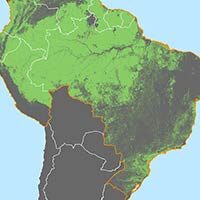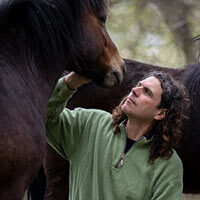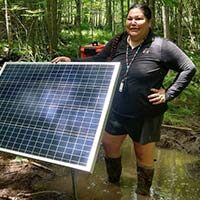
The Ho-Chunk Nation and the Village of Waunakee partner through UniverCity Year to address diversity and inclusion
Located just north of Madison, Wis. within the Ho-Chunk ancestral territory of Dejope, the Village of Waunakee is unique in many ways, but perhaps most notably it is the only Waunakee in the world. A …

Student discovers passion for One Health approach in Environmental Conservation program
When Nelson Institute Environmental Conservation (EC) graduate student, Siyeun Kim, was accepted to the program nearly two years ago, she wasn’t yet sure where her career would take her. Having received an undergraduate degree in …

CCR and Geoscience students awarded post-doctoral positions
The Nelson Institute Center for Climatic Research (CCR) is proud to announce that two students have been awarded postdoctoral positions. Cameron Batchelor, a PhD student in the Department of Geoscience, under the advisement of assistant …

Environmental Conservation student helps create framework to guide environmental justice work
Lifelong Wisconsin Resident Alli Wenman’s educational path has led her to help promote environmental and climate justice in Madison, Wis. Wenman began the Environmental Conservation MS program at the Nelson Institute in June 2020 and …

Wisconsin Humanities grant awarded to CHE
Exciting news for Edge Effects and the Center for Culture, History, and Environment (CHE). The Wisconsin Humanities Council has awarded CHE a grant to fund a new Edge Effects series (tentatively) entitled, “Land Cast: Stories …

CHE sponsors six multi-disciplinary working groups
CHE is the proud sponsor of six multidisciplinary environmental research working groups for the 2021-2022 academic year. Consistent with its mission, CHE’s research initiative encourages multidisciplinary collaborations in environmental research at the University of Wisconsin-Madison …

Nelson alumna helps to clean the bay
The walleye have returned and the shores of Green Bay, Wis. are cleaner, thanks in part to the work of Nelson Institute alumna, Julia Noordyk. As the water quality and coastal communities specialist for the …

UW-Madison partners with Beloit community to increase diversity within STEM
Increasing diversity in geosciences and fostering hands-on STEM (Science, Technology, Engineering, and Math) education within Wisconsin communities is at the heart of a new, National Science Foundation (NSF) GEOPAths-funded project that will bring together educational …

EOI alumna now working for NASA’s DEVELOP program
From completing her master’s in Environmental Observation and Informatics (EOI) to working for the Digital Earth Virtual Environment and Learning Outreach Project (DEVELOP) program at NASA, Paxton LaJoie made her dreams of working with remote …

Nelson alumna is helping to address the human-wildlife conflict
Each year, a few of the world’s 808 whooping cranes are shot and killed. Considered critically endangered, these deaths generally occur in areas of the country where individuals are unfamiliar with the large, white and …

Nelson Institute Dean featured in Scientific American
Nelson Institute Dean, Paul Robbins has joined Revive and Restore co-founder and executive director, Ryan Phelan in penning an editorial for Scientific American that focuses on the concept of Intended Consequences. This concept highlights the …

A Wisconsin Idea win-win
A UW–Madison program called the UniverCity Year is partnering with communities across Wisconsin to find solutions to knotty problems and bolster the quality of life for the state’s citizens.

A view from space can save the trees
According to research led by Fanny Moffette, a postdoctoral researcher in the Department of Agricultural and Applied Economics and the Nelson Institute for Environmental Studies, deforestation dropped by 18 percent in two years in African countries where organizations subscribed to receive forest cover warnings from the Global Land Analysis and Discovery system.

Researchers look for ways to store tens of thousands of genetic samples and use cloning to preserve and revitalize endangered — and possibly extinct — species
The Earth is in the midst of a sixth mass extinction event, and most scientists point to human activity as the primary cause. Each day, the planet loses an average of five to 30 species. While efforts are under way to preserve their habitat, these efforts may not be enough to save them. Extinct species, by definition, no longer exist. But their genetic material can live on in biobanks, offering the possibility of resurrection. Think of it as an extinction loophole.

With pandemic adaptations, Angela Waupochick has launched a bioacoustics study of black ash conservation in northern Wisconsin
A PhD student in forest and wildlife ecology, Waupochick is among a growing number of scientists using a simple technique called bioacoustic monitoring to record forest soundscapes.
